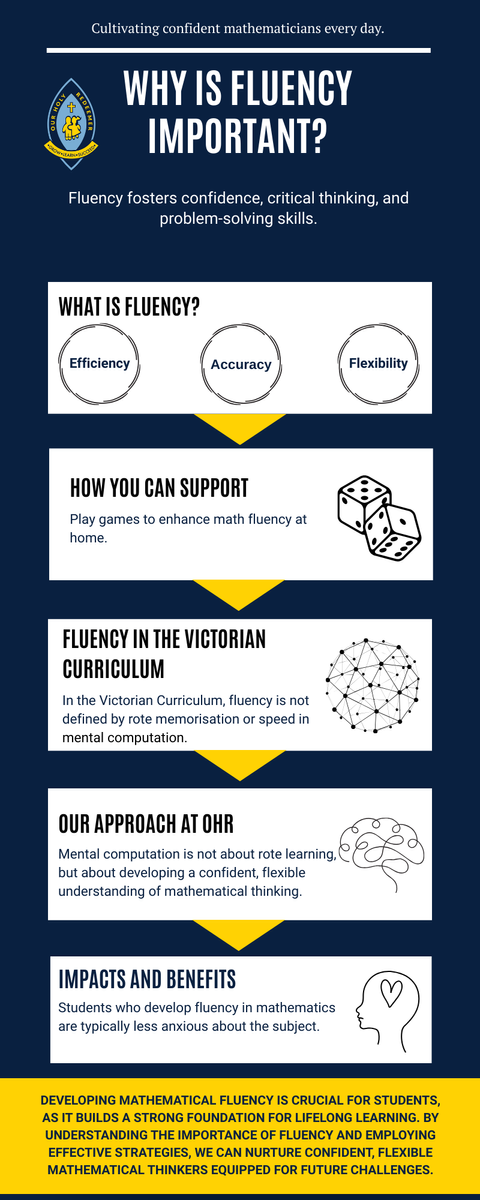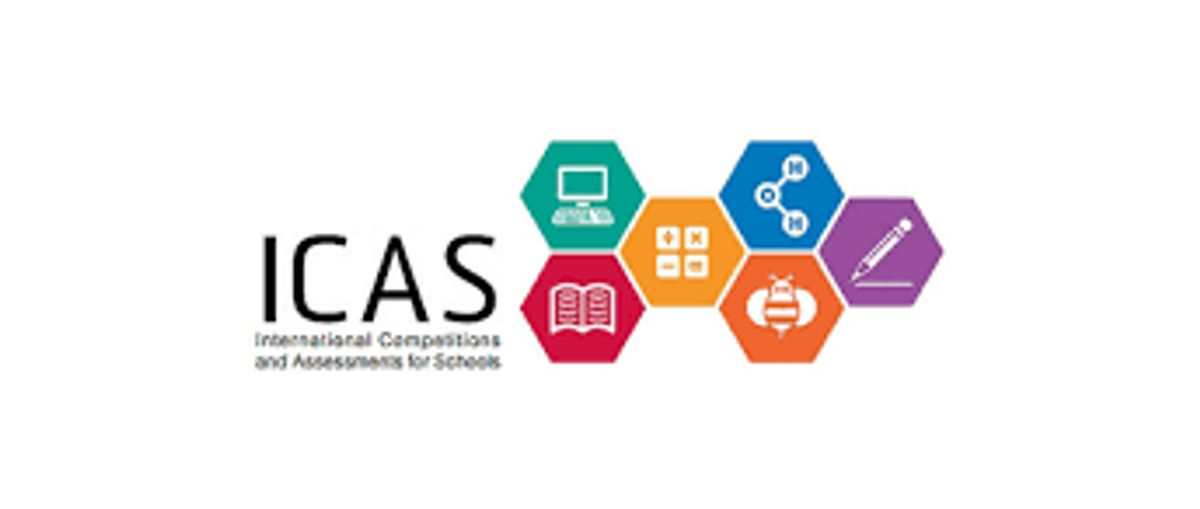Learning & Teaching News

NAPLAN Results - A Snapshot of Our Mathematics Progress
What our results show:
Our students performed strongly, achieving results that are significantly above both the national average and the average of similar schools.
The median score at OHR is above both the national average and the average of similar schools, sitting well into the Exceeding range, which reflects the excellent growth and understanding our students are showing.
The range of scores at OHR is also more consistent, showing fewer students in the lower bands compared to national trends.
There is also less variation in scores among OHR students, suggesting consistent and equitable learning across the cohort.
What this means: These results are a reflection of the focused, evidence-based teaching approaches we use at OHR. They show that our students are not only developing strong foundational skills but are also demonstrating a deeper, more flexible understanding of literacy and numeracy concepts. These results reflect the strength of our teaching practices at OHR and the impact of our targeted support, rich learning experiences, and commitment to student growth. High proficiency in these early years lays a strong foundation for success in future learning.
Looking Ahead: We will continue to support all students by reinforcing fluency (see below), problem-solving, and critical thinking—ensuring each child is growing at their point of need.
Thank you to our dedicated staff and supportive families for working in partnership to achieve such positive outcomes! We are proud of our students and excited about what lies ahead!
Maths Fluency- Not speed, but flexibility
To support our spaced practice approach, students have engaged in frequent retrieval of strategies and methods, helping them build connections, strengthen neural pathways, and develop robust long-term memory. In light of recent shifts in educational pedagogy—and with new research increasingly influencing both our education system and the broader media—I thought it timely to touch on the concept of fluency.
The Grattan Institute recently reported on NAPLAN results stating,
“For maths, schools also need a systematic approach. Success is fostered by teaching new concepts and skills explicitly step-by-step, and giving students plenty of opportunities to practice before they apply new skills to more complex problems.
It might sound “old school” today, but students also need to master their times tables and know other basic number facts automatically.”
At OHR, we are proud of our students' NAPLAN results and we believe that mastery (of number facts) requires fluency—but fluency is not about speed; it’s about flexibility.
What is fluency?
Fluency in mathematics consists of three key elements:
Efficiency: Selecting the most appropriate method to solve a problem. This depends on having a well-developed bank of strategies (linked closely to flexibility).
Accuracy: Producing correct answers by understanding how and why different methods work. Accuracy requires confidence and familiarity with a range of strategies, so that finding a solution isn’t hindered by uncertainty.
Flexibility: Drawing from a toolkit of different methods and being able to switch between them when needed.
Why is Fluency Important?
Students who develop fluency in mathematics are typically less anxious about the subject. Fluency frees up working memory, allowing students to focus on making connections and solving problems, rather than being overwhelmed by basic calculations. These connections foster a deeper, more adaptable understanding of mathematical concepts.
The brain has limited working memory, so regular engagement in fluency-building activities is essential. The more knowledge stored in long-term memory, the more cognitive space students have to tackle complex problems and absorb new information.
Fluency in the Victorian Curriculum
In the Victorian Curriculum, fluency is not defined by rote memorisation or speed in mental computation. Rather, students are considered fluent when they can:
Make reasonable estimates
Calculate answers efficiently
Recognise robust and reliable methods
Choose appropriate strategies and approximations
Recall definitions and use known facts accurately
Manipulate expressions and equations to solve problems
Our Approach at OHR
As we’ve shared previously, our teaching approach—particularly in Mathematics—acknowledges the importance of both working memory and long-term memory in effective learning. When students have strong, well-connected knowledge stored in long-term memory, they are better equipped to think critically, solve problems creatively, and engage meaningfully in mental computation.
This aligns with the work of educators like Rob Vingerhoets, who reminds us that mental computation is not about rote learning, but about developing a confident, flexible understanding of mathematical thinking.
“Let’s set the record straight: mental computation is not about automatic response or being able recall multiplication facts faster than your peers. It’s far more than that. Mental computation is about number sense—knowing how numbers work and applying efficient (not necessarily fast) strategies to solve problems mentally.
Rote learning times tables, in isolation, is of little real value. As educators, our goal should not be to produce students who can regurgitate a narrow band of maths facts, but rather develop mathematical thinkers—students who can apply known strategies such as place value, doubling and halving, the distributive property, the commutative property, compatibility, and compensation.
Consider this: if a student knows that six sevens are 42, but has no mental picture of what 42 means—they don’t visualise it as an array, as six weeks, as double 21, or half of 84—then the fact is just that: a fact with no substance. It’s meaningless unless it’s connected to deeper understanding. As a teacher,I’ll take understand over speed any day.”
How You Can Support Fluency at Home
Simple activities like board games and card games can play a powerful role in developing your child’s mathematical fluency. These games provide repeated opportunities to retrieve number facts, apply strategies, and explore different methods—all in a fun and low-pressure environment. This not only boosts engagement and fluency but also helps reduce anxiety, deepen conceptual understanding, and strengthen problem-solving skills.
So this weekend, dust off those playing cards or bring out the Monopoly board—learning through play is a great way to support your child’s maths journey!
Penny Hansen
Mathematics Leader
Term Overviews
Click the links below to read the Term 3 Overviews for each year level.
ICAS 2025
The ICAS Competitions have nearly finished for the year. The last one - Mathematics will take place next Monday (25th August) at 11.45am. We will be presenting certificates next term once they arrive. The dates of these presentations will be in this section of the Newsletter.
Nick Byrne
Learning & Teaching Leader


